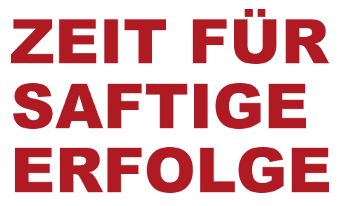

Mediation offers no pre-fabricated answers; a redelegation of competence concerning contents and decisions to the people concerned takes place (except in the environmental mediation, there always the authorities ultimately decide - see Zilleßen). Its dialectical self-logic can be contradictory: indeed, it is obliged to the paradox of solution-constitutive clarification of difference and dissent. To make visible opposites, to sustain and manage them - similar to Fisher's negotiation dilemma “cooperation despite competition” – is indispensable in the mediation process and basic requirement for a synthesis by compromise or consensus in the form of a "win-win" relationship in which each party achieves benefits from the contradictions. The rule is: If there are two conflicting statements (positions) depending on each other, both can be true.



 Nutzen auch Sie unsere einzigartigen Erfahrungen aus internationalen Praxiserfolgen für zahlreiche namhafte Unternehmen in Business und Speed Mediation seit Anfang der 90er und vereinbaren Sie sogleich einen persönlichen
Nutzen auch Sie unsere einzigartigen Erfahrungen aus internationalen Praxiserfolgen für zahlreiche namhafte Unternehmen in Business und Speed Mediation seit Anfang der 90er und vereinbaren Sie sogleich einen persönlichen